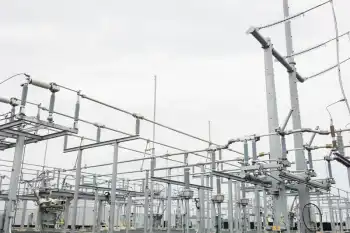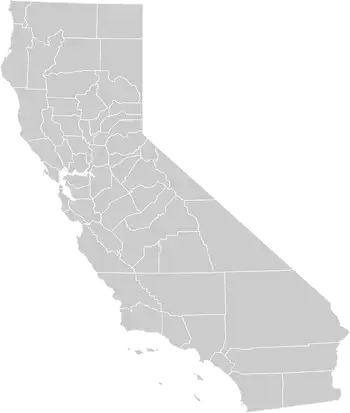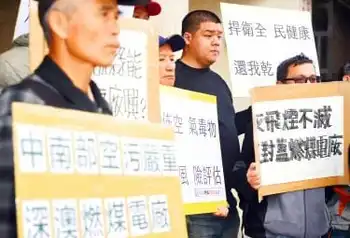Green energy Regulator threatens power firms
GREAT BRITAIN - The energy regulator Ofgem has threatened Britain's power companies with more controls if they do not "raise their game" by making it more appealing for households to generate their own electricity from domestic wind turbines and solar panels.
Suppliers should make it easier for customers to sell them any surplus electricity from so-called microgeneration, according to the watchdog. Such sales would increase the financial incentive for people to install wind turbines and solar panels.
The warning comes as Alastair Darling, the Trade and Industry Secretary, launches a consultation document on measures and incentives to ensure that renewable energy sources meet the aim of providing 20 per cent of electricity needs by 2020.
He will perform the official ground-breaking ceremony at one of the renewable projects, a pounds 300m Scottish Power investment to build Europe's biggest onshore wind farm south of Glasgow. The 140 turbines will produce enough electricity to power 200,000 homes.
Ofgem sees its contribution as helping the renewable energy drive. It also wants suppliers to act as a "one-stop shop" for people seeking to install and run such equipment.
Alistair Buchanan, chief executive of Ofgem, said: "Suppliers need to compete against each other to raise their game and address these issues. If they are unable to successfully do that, then new legislation could force us to set prices and terms for the sale of surplus electricity back to the networks."
Related News

The biggest problem facing the U.S. electric grid isn't demand. It's climate change
NEW YORK - The power grid in the U.S. is aging and already struggling to meet current demand. It faces a future with more people — people who drive more electric cars and heat homes with more electric furnaces.
Alice Hill says that's not even the biggest problem the country's electricity infrastructure faces.
"Everything that we've built, including the electric grid, assumed a stable climate," she says. "It looked to the extremes of the past — how high the seas got, how high the winds got, the heat."
Hill is an energy and environment expert at the Council on Foreign Relations. She served…




